I'm having an issue where doing a normal reload in Google Chrome fetches all of my javascript files from the server instead of pulling them from the browser cache. Strangely enough, if I directly load the site by putting my cursor in the address bar and pressing Enter, then the browser cache gets used (as expected). My "Disable cache" checkbox in the dev tools is unchecked so it cannot be that.
Let's look at a quick example of this behavior by loading a simple HTML page that includes the jQuery hosted library.
From the address bar
When I enter a webpage from the address bar and hitting Enter I can see in the dev tools that jQuery is getting loaded from the browser cache.
Normal Reload
If I select to do a "Normal Reload" by right-clicking the Refresh button with dev tools open or hit F5, then the cache does not get used. This is the issue.
 You can clearly see that it returned a status of
You can clearly see that it returned a status of 304 and according to this question it should be using a local version of the file in that instance. But it is clearly requesting a new version. In fact, it seems to work almost the same as...
Empty Cache and Hard Reload
I just wanted to compare the responses with a hard reload and clear cache. Outside of returning a 200 instead of a 304 it seems to be the same as a normal reload. In fact, this request went faster for some reason.

Can anyone explain why the normal reload is different from accessing the page from the address bar and does not use the cache? I'm using Chrome version 53.0.2785.143.
